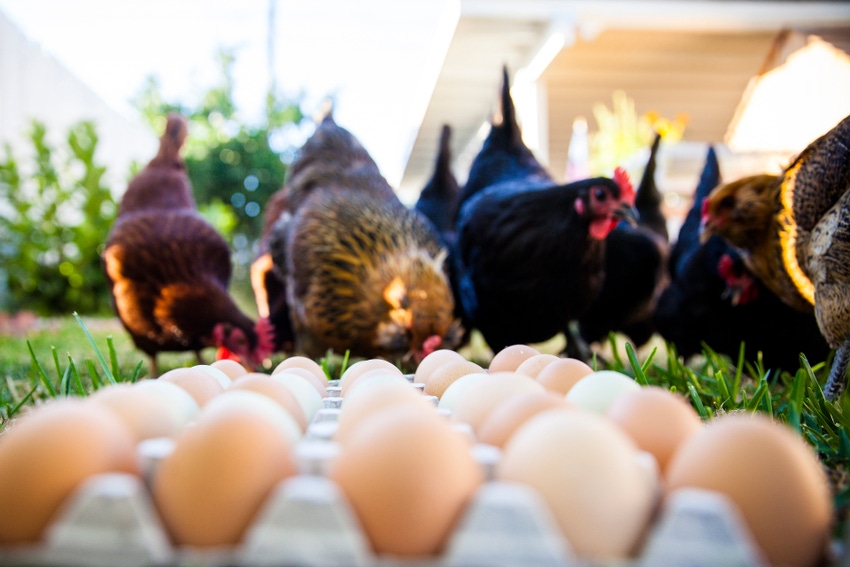Michigan cage-free egg bill awaits governor's action
Bill extends deadline to require cage-free production systems by 2025 for all eggs sold in Michigan.

Michigan egg farmers supporting a cage-free egg bill -- for both eggs produced in the state and those imported from other states -- saw success in advancing legislation in the state Senate and House that now is on its way to the governor for her signature. However, at a national level, egg producers remain concerned about the development.
More than 11 years ago, Michigan passed a standard that would require expanding laying hen cages by 2020. The latest bill would extend the deadline to 2025. A similar bill introduced in 2018 passed, but then-Michigan Gov. Rick Synder vetoed the bill in January 2019. He also vetoed a number of other bills to which legislators attached the same cage-free language in the hopes of getting it into law.
More than half of Michigan's hens are currently living in cage-free housing, and another million hens will have cage-free housing by the end of 2020.
The Humane Society of the United States is opposing this bill because it wants the measure to be effective in 2022.
The legislation specifies that production systems must include enrichments like scratching areas, perches, nest boxes and dusting areas. The legislation also specifies that these cage-free areas cannot contain any type of cage, including battery cages, colony cages, enriched cages, enriched colony cages “or any cage system similar to those systems.”
The legislation proposes that only cage-free eggs be sold in the state, so farmers shipping eggs to customers in Michigan will be in violation if those eggs were produced in conventional cages. The exception is farmers with fewer than 3,000 hens.
The National Egg Farmers Assn. (NEFA) opposes the legislation and urged Gov. Gretchen Whitmer to veto the bill.
“While the state's egg farmers are hoping for more time in dealing with the pressures from animal activists, the goal of the legislation is to ban eggs from caged facilities being shipped into the state. We find that objectionable to the majority of egg farmers. It sets a precedence for other states to follow,” NEFA president Ken Klippen warned.
Klippen said he recently spoke about this legislation by phone with Josh Neyhart with the Michigan Governor's Office of Policy. Klippen corrected Neyhart after he issued a blanket statement that cage-free production is more humane; he listened and asked for more information. In addition, NEFA sent Neyhart a lengthy email with scientific references supporting NEFA's position that caged layer production is in the best interests of food safety, the chicken and the consumer.
About the Author(s)
You May Also Like





